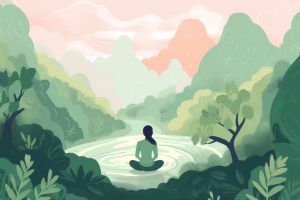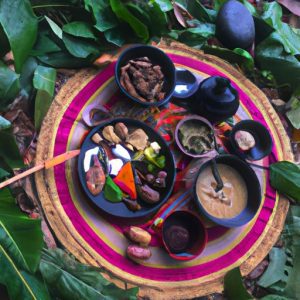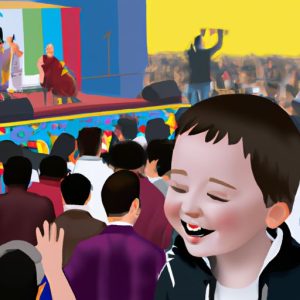Ramadan is a special month for Muslims filled with reflection, community, and selfdiscipline. From dawn to sunset, they fast, pray more, and help those in need, all leading to the joyful celebration of Eid alFitr at the end. As the crescent moon appears, families come together in vibrant gatherings, sharing meals and traditions. This time is not just about abstaining from food; it’s a journey to grow spiritually and strengthen bonds with others. Ultimately, Ramadan inspires gratitude, kindness, and a deeper connection to faith, leaving a lasting impact on everyone involved.
Access to nature is not a luxury but a necessity for physical, psychological, and spiritual wellbeing. Numerous studies in many countries have documented the benefits of being in nature. However, more research needs to be done in developing countries on the importance of nature experience. In these countries, nature is often considered a luxury once basic needs are met. Instead, the focus is on economic development, housing and sanitation, and access to green space. As urbanization accelerates in developing countries, nature experience is becoming increasingly rare, and access to nature and green spaces is highly skewed along socioeconomic lines.
South Africa’s food system is in crisis. Once a country that produced abundant food, today, it faces severe challenges in providing access to healthy and nutritious foods for its people. The food system is plagued by inequalities rooted in colonialism and capitalism, with most of the population unable to afford a healthy diet.
The Dalai Lama is one of the most recognized spiritual leaders in the world, renowned for his teachings on compassion, nonviolence, and the importance of inner peace. He was born in Tibet in 1935 and was identified as the 14th reincarnation of the Dalai Lama by the age of two. At 15, he assumed political power in Tibet but was forced into exile in India in 1959 after a failed uprising against Chinese rule. Since then, he has been a vocal advocate for the rights of Tibetans and has worked tirelessly to promote peace and understanding around the world.




